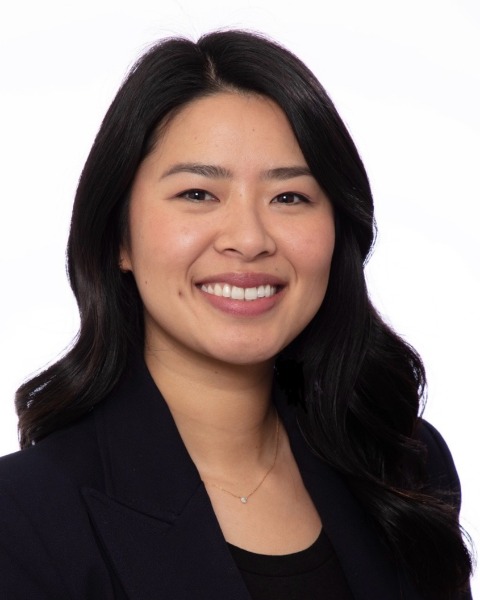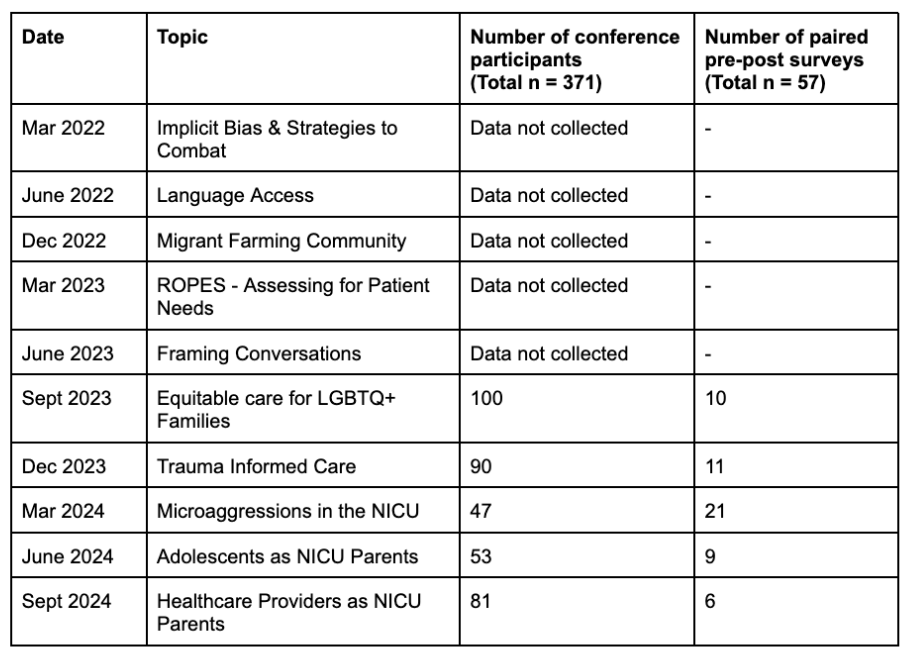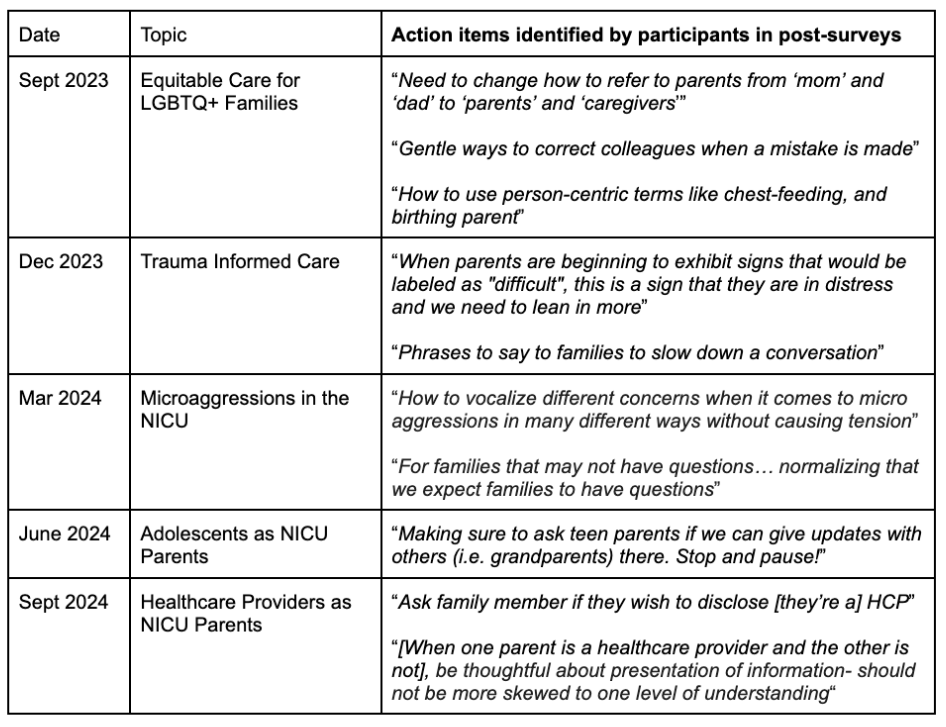Medical Education 6: Health Equity
Session: Medical Education 6: Health Equity
446 - Neonatal Health Equity Rounds: A Fellow-Led, Multidisciplinary Conference with Actionable Steps to Combat Bias and Health Inequities
Saturday, April 26, 2025
2:30pm - 4:45pm HST
Publication Number: 446.5680
Shannon Chan, Lucile Packard Children's Hospital Stanford, Palo Alto, CA, United States; Shamita Punjabi, Lucile Packard Children's Hospital Stanford, San Francisco, CA, United States; Hannah Kohrman, Lucile Packard Children's Hospital Stanford, San Francisco, CA, United States; Elizabeth Blecharczyk, Stanford University School of Medicine, San Francisco, CA, United States

Shannon Chan, MD (she/her/hers)
Clinical Instructor
Lucile Packard Children's Hospital Stanford
Palo Alto, California, United States
Presenting Author(s)
Background: Given the ongoing morbidity and mortality disparities amongst newborns, addressing implicit bias and structural racism in the care of neonates is paramount to providing equitable care. Focus groups with four Bay Area pediatric residency programs from 2021-2023 highlighted the need for training to address neonatal health inequities, and for faculty to develop comfort and skills in role-modeling these actions. Institutions such as Boston Children's Medical Center (BMC) have successfully implemented Health Equity Rounds (HER), a case conference that increased conversation and action around health inequities in the Department of Pediatrics (Kalata, 2023).
Objective: To evaluate the impact of neonatal health equity rounds on faculty, trainee, and staff knowledge, confidence, and actions related to addressing health inequities.
Design/Methods: We developed quarterly fellow-led Neonatal HER based on BMC HER to address inequitable care of neonates. Building off of the BMC model, we incorporated HER into an existing didactic schedule, included faculty mentoring for fellows, focused on the neonatal population, and included small group breakouts for participants to engage in conversations in a protected space. Conferences provided evidence-based actions for individuals to combat implicit bias and improve health equity. We evaluated faculty, trainee, and staff knowledge, confidence, and action items with pre- and post-HER surveys. Paired one-tailed t-tests were performed. We received IRB approval from Stanford.
Results: NICU fellows delivered ten 1-hour HER conferences between March 2022 and September 2024. We collected a total of 57 paired pre- and post-surveys from five conferences (Table 1). Participants included residents, fellows, faculty, nurses, social workers, interpreters, and patient advocates. Participants reported increased knowledge and confidence in addressing health inequities after attending HER rounds (Graph 1). Participants identified actionable steps to reduce health inequities and bias (Table 2).
Conclusion(s): Stanford Neonatal HER provides faculty, trainees, and staff with a platform to increase their knowledge and confidence in addressing health inequities. The conferences fit into an existing didactic schedule and provided faculty an opportunity to practice role modeling discussions of health equity. Participants felt encouraged to reflect on bias with other clinicians and to strategize actions for their clinical setting. HER also provides fellows with faculty mentoring as they present on nuanced health equity topics. Neonatal HER has been a model for HER within the broader Pediatrics Department.
Table 1
 Health Equity Rounds Conference Topics, Participants, and Paired Surveys
Health Equity Rounds Conference Topics, Participants, and Paired SurveysGraph 1
.png) Participant Knowledge and Confidence Rating from Pre- and Post-Surveys
Participant Knowledge and Confidence Rating from Pre- and Post-SurveysTable 2
 Action Items Identified by Participants in Post-Surveys
Action Items Identified by Participants in Post-Surveys
